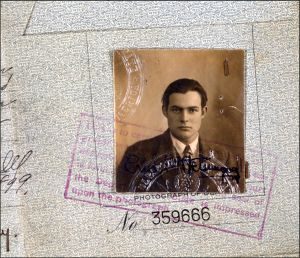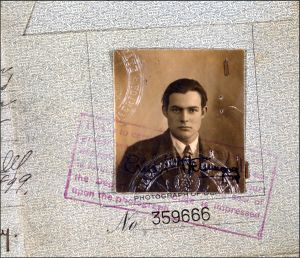
How to Take an Editor's Critique Like a Pro
Criticism is hard to take, even when it comes from a professional editor in the form of an editorial critique. Writers don’t want to hear that our writing needs more revising. Not when we’ve already spent countless hours laboring over our work, making it as good as we possibly can.
When we receive the editor's critique, there’s something inside us that says, “he doesn’t know what he’s talking about” or “she doesn’t understand my story”. Am I right? Who are they to tell us our stories need improving?
But there’s a reason editors edit. They “get” it. They have that knack for understanding the ins and outs of their native language and what will improve a story. They’re there to help you improve your story, to make it more interesting and engaging. To make it clearer and to let the words flow.
Criticism hurts, but it helps you grow and advance in your writing career. Here are some important tips to help you through this process.
Keep an Open Mind.
When you’ve spent so much time with your story, in your head and on paper, you have the inside story. You understand all the background that makes up your story. But an editor is coming into your story without that background information. They have no connection with your story, unless they’ve been connected with you during the writing process.
So, while things might seem obvious to you, they won’t always be obvious to someone else. When this happens, keep an open mind. Consider ways in which you can improve the sentence or the paragraph to make your message clear. What words would make outsiders understand what you’re trying to say?
Also, be open to taking certain scenes in a different direction or making some changes to your characters.
Don’t Take it Personally.
An editor’s job isn’t to sugar-coat so you feel better about yourself. It’s to give you constructive criticism and recommendations on how you can improve your story and your writing skills.
Sometimes an editor’s words can sound harsh, and when that happens it’s best not to take it personally. It’s never meant to be taken personally. Editors get fired up during the editing process and can rattle off a quick note.
A good editor will go back through her comments to make them clearer so that the writer will understand what she's trying to say. But don't expect her to make them less blunt. Editors need to have the ability to be blunt so they can get their recommendations across. Otherwise, they might not have the courage to give them in the first place, and that is a disservice to you as the writer.
So, when you’re reading through an editor's critique, keep these two things in mind. And remember, the purpose of a critique is to improve your story and your writing skills.
- It’s been a long time… - February 10, 2024
- Realizations About Tracking Progress - May 28, 2020
- Goal Setting & Productivity 101 - May 25, 2020
